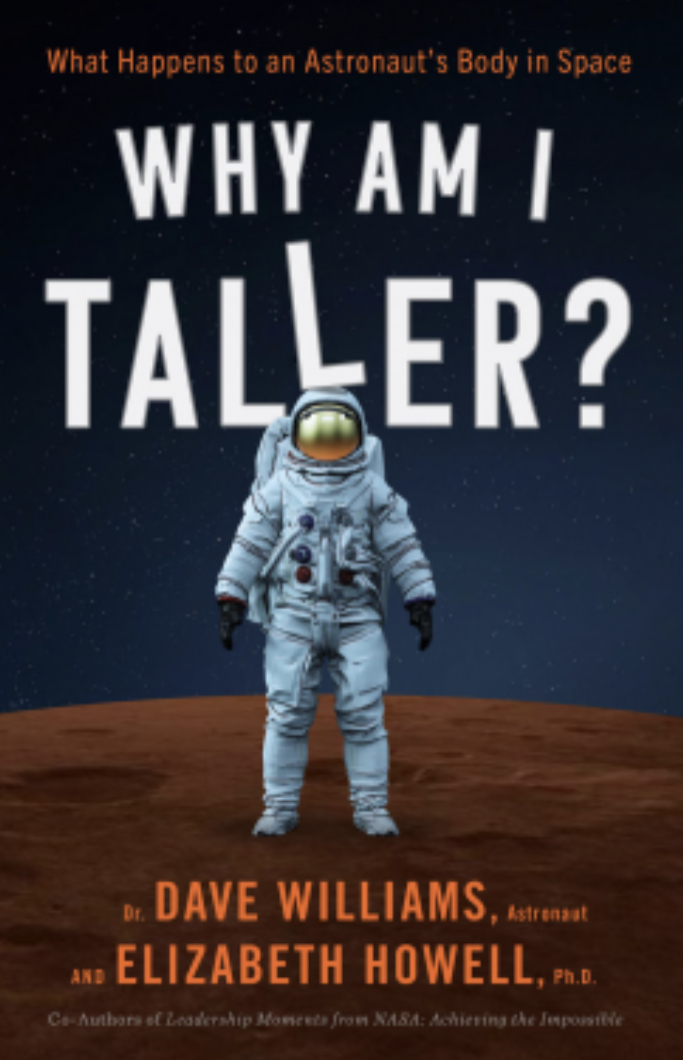What do you think?
Rate this book


ebook
First published November 1, 2022
“In the parlance of modern spacewalkers, “if something goes wrong when you’re outside, you may have the rest of your life to solve the problem.”Going to space has been a childhood dream of mine, and the thought of weightlessness was a big part of it. Floating around in space — that’s where the fun is, surely, when you get tired of majestic views and general awesomeness. Maybe a few acrobatic jumps on the Moon and on Mars can also break the monotony. Space is fun!
“In 2013, NASA released the mission logs of the Apollo 10 mission, which graphically documented the problem of a “turd floating through the air.”
(Just ruminate on the preadolescent humor of this situation for a moment.)
“The rapid transition to microgravity causes fluid to shift from the lower extremities to the face, torso and upper extremities. This causes a stuffy nose like that experienced with a cold, alters the taste of food and creates a somewhat humorous “moon-faced” appearance that can be more striking in some astronauts than others. If nothing else, it’s a great way to get rid of facial wrinkles!”
“For instance, studies in space have shown that astronauts’ arteries stiffen, aging the vessels by an equivalent of 20 years on Earth for every six-month or so period in space.”
“A weirder effect of microgravity is that burping can be riskier than it is on Earth. Without gravity, gases don’t float to the top of the stomach contents as they normally would. A typical burp provides relief from swallowed gas, often in a particularly sonorous manner. In space, acting upon the desire to burp might randomly result in either air coming up or ... stomach contents.”